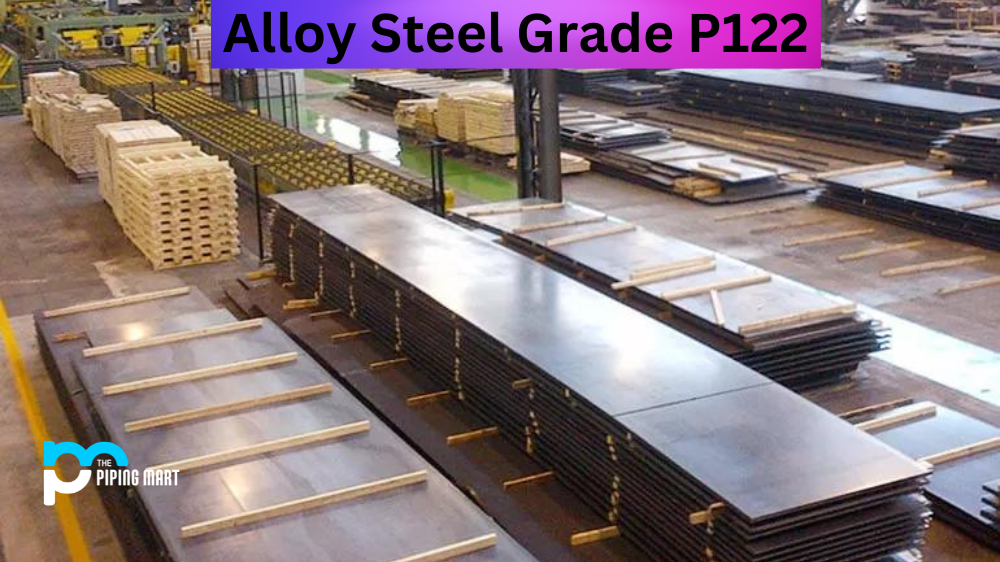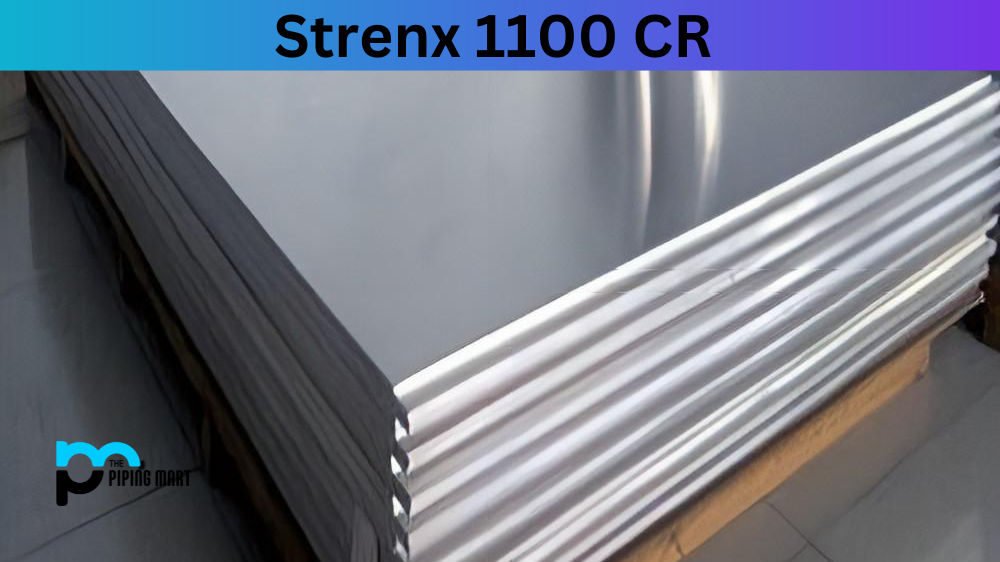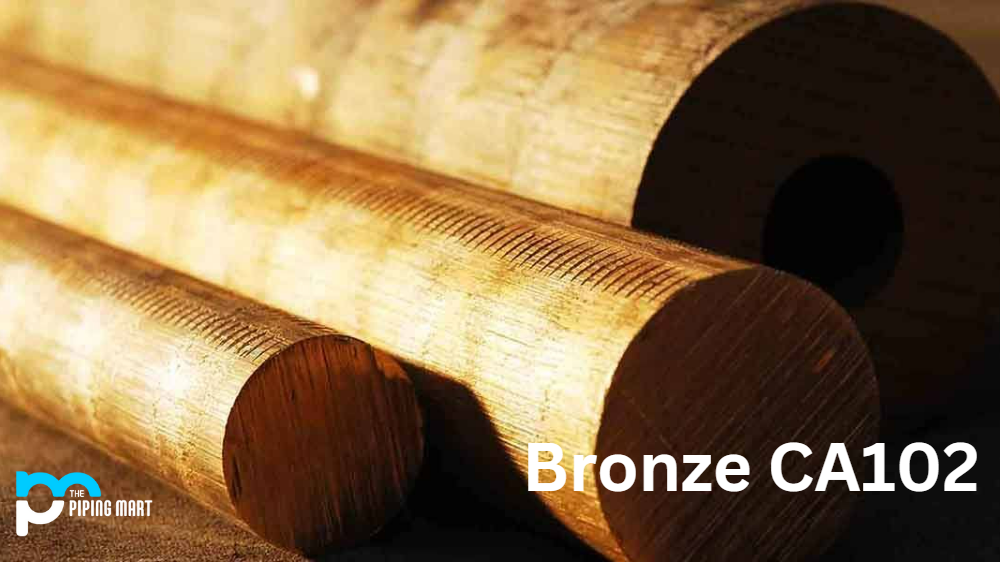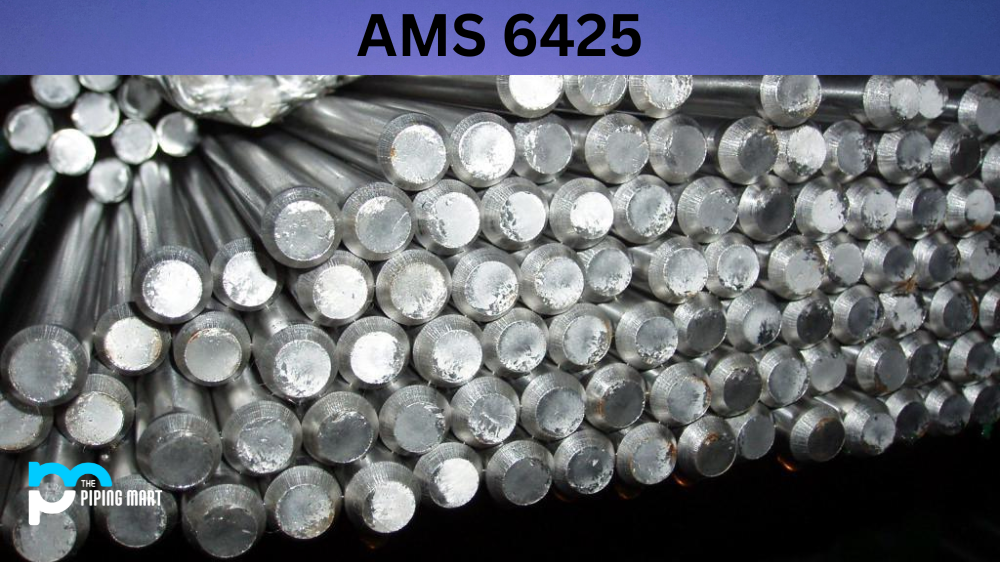Alloy steel grade P122 is a low-alloy steel that is used in a variety of engineering applications. The chemical and physical properties of this alloy make it resistant to corrosion, heat, and wear, making it both versatile and durable. In this blog post, we’ll discuss the chemical composition, mechanical properties, physical properties, uses, corrosion resistance, and machining and welding capabilities of alloy steel grade P122.
P122 Chemical Composition
The chemical composition of alloy P122 consists mainly of carbon (0.12-0.20%), manganese (1.00-1.50%), phosphorus (0.035%) max., sulfur (0.040%) max., silicon (0.15-0.35%), and chromium (1.00-2.00%).
| Carbon | Silicon | Manganese | Phosphorous | Sulphur | Molybdenum | Nickel | Chromium | Copper | Others |
|---|---|---|---|---|---|---|---|---|---|
| 0.07-0.14 | 0.50 max | 0.70 max | 0.02 | 0.01 | 0.25-0.60 | – | 10.00-11.50 | – | – |
ASTM P122 Chemical Properties
Steel Grade P122 is a type of steel alloy that combines the flexibility and strength of steel with a range of chemical and physical properties. The presence of a variety of trace elements improves the wear resistance, hardness, and durability of this type of steel. It also features good weldability and stress corrosion cracking resistance, making Alloy Steel Grade P122 a popular choice for applications where high performance and longevity are required. These favourable characteristics make P122 ideal for components that have to cope with frequent temperature changes or vibrations. In conclusion, Alloy Steel Grade P122 is an optimized solution in terms of structure and properties that can be applied to extreme situations.
ASTM P122 Mechanical Properties
Alloy P122 has excellent tensile strength and yield strength compared to other low alloy steels due to its combination of high strength and ductility materials such as carbon and manganese, as well as its chromium content for increased hardness. Its ultimate tensile strength ranges from 790 MPa up to 1015 MPa at room temperature, while its yield strength ranges from 530 MPa up to 830 MPa at room temperature, depending on the size of the material being tested.
| Yield Strength | Tensile Strength | Elongation A5 min | |||
|---|---|---|---|---|---|
| MPa min | ksi min | MPa min | MPa min | ksi min | Percentage |
| 620 | – | 90 | 20 | ||
ASTM P122 Physical Properties
Alloy steel grade P122 has good thermal conductivity due to the presence of carbon in its composition, which helps transfer heat more effectively than other alloys with similar compositions but without carbon present in their structure. It also has a melting point range from 1451°C up to 1510°C depending on the amount of carbon present in the material being tested as well as its overall composition for the desired mechanical properties needed for specific applications such as pressure vessels or piping components for oil & gas distribution systems etc.
ASTM P122 Equivalent
| DIN | EN | BS | NFA | ASTM | ASME |
|---|---|---|---|---|---|
| – | EN 11CrWCuMoVNbNB | – | ASTM A335 Grade P122 | ASME SA 335 Grade P122 |
ASTM P122 Uses
Alloy steel grade P122 is commonly used in a variety of engineering applications such as oil & gas pipelines, pressure vessels, valves & fittings etc., due to its combination of high strength and corrosion resistance when exposed to different environments like seawater or acidic solutions etc. It can also be found in automotive parts such as pistons or exhaust manifolds due to its ability to withstand higher temperatures than other alloys with similar compositions but without the presence of chromium which helps increase hardness levels for improved performance under extreme conditions like racing engines etc.
Corrosion Resistance
Alloy Steel Grade P122 has excellent corrosion resistance when exposed to various environments thanks to its combination of chromium content which helps increase hardness levels and improves wear resistance while still maintaining good ductility levels, which makes it an ideal choice for many industrial applications where exposure to corrosive substances is expected over time like offshore platforms or tankers etc.
Heat Resistance
Alloy steel grade P122 is well known for its high resistance to heat, making it an ideal metal choice for extreme or variable temperature environments. It has been rigorously tested in countless scenarios to confirm its effectiveness and capability, often surpassing the expectations of industry professionals. It performs especially well when exposed to fluctuating temperatures, which makes it a great option for applications that require components to be heated and cooled regularly. It’s also valued for its malleability and weldability, allowing greater customization. Ultimately, alloy steel grade P122 is the perfect choice for projects demanding superior heat resistance while maintaining a durable structure.
Heat Treatment
Alloy Steel Grade P122 can be heat treated through normalizing or tempering processes depending on the desired mechanical properties required for each specific application like pressure vessels or pipes etc.
Machining
It can also be machined quite easily through conventional methods like milling or drilling using standard tools made out of high-speed steel while still maintaining good surface finish results if needed depending on each individual application requirements when it comes down to tolerances or surface finish parameters after machining operations are completed successfully without any issues related either directly or indirectly with the material itself like chip formation during cutting operations etc…
Welding
This material can be welded quite easily using either MIG / TIG welding techniques with either mild steel filler rods or electrodes depending on what kind type of joint configuration needs welding procedures done correctly without any issues related either directly or indirectly with welding operations themselves like porosity formation during bead runs etc…
Conclusion
Alloy Steel Grade P122 is an excellent choice for many engineering applications due to its combination of high strength and ductility materials along with good corrosion resistance when exposed to different environments like seawater or acidic solutions etc… Its mechanical properties combined with good thermal conductivity make it an ideal choice for many components subjected not only extreme working conditions but also containing pressurized fluids under controlled temperatures, so losses are minimized when transferring energy from one point another inside machinery used widely across many industries All these factors combined make alloy steel grade p122 ideal choice many engineering applications nowadays around the world where efficiency plays major role optimizing production cycles times keeping costs relatively low compared traditional manufacturing processes done manually hand before modern machinery was available commercially years ago.

A passionate metal industry expert and blogger. With over 5 years of experience in the field, Palak brings a wealth of knowledge and insight to her writing. Whether discussing the latest trends in the metal industry or sharing tips, she is dedicated to helping others succeed in the metal industry.




